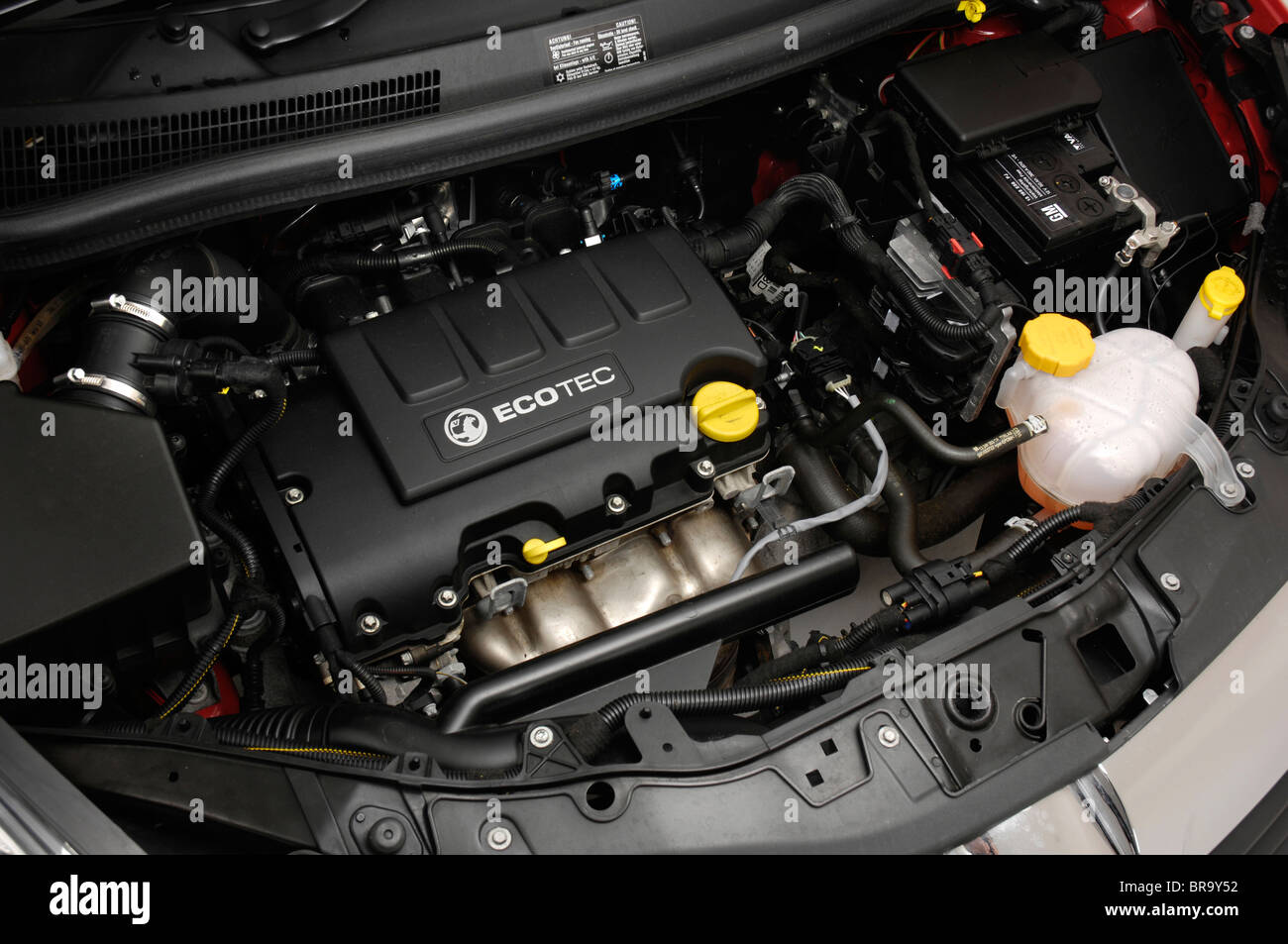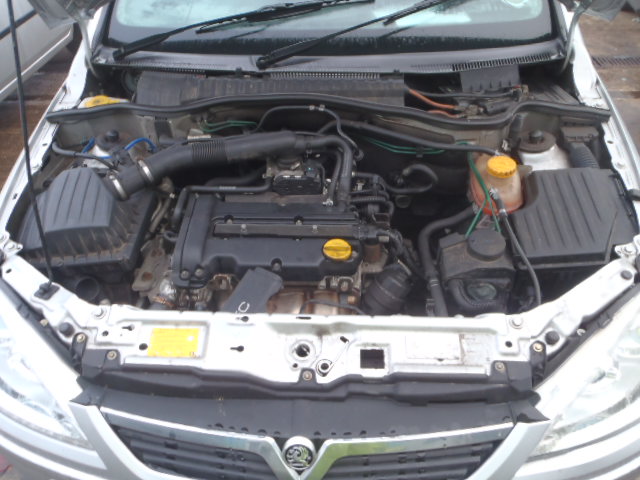Opel Corsa 1.4 Engine Price Contrast: Unbeatable Bargains Await at Vehicle Parts Hub
Opel Corsa 1.4 Engine Price Contrast: Unbeatable Bargains Await at Vehicle Parts Hub
Blog Article
Engine Buying Specialist Tips on Picking the Right Engine for Your Particular Demands
Choosing the right engine for your certain requirements involves a complex interaction of factors that exceed mere horse power figures. From power output to sustain effectiveness, the decision-making process can be discouraging. Comprehending the subtleties of engine types, dimensions, and their compatibility with your car is important. There are professional suggestions that can assist browse this surface with confidence. By delving into the complexities of power versus effectiveness, examining gas scores, and budgeting for long-term expenses, one can truly enhance their engine option.
Power Vs. Efficiency: Discovering the Equilibrium
When selecting an engine, it is vital to strike a balance in between power and efficiency to satisfy your details needs successfully. Power describes the engine's capability to generate power for propulsion, determining variables like velocity, hauling capacity, and overall efficiency - Opel Corsa 1.4 Engine Price. On the other hand, performance associates to just how well the engine makes use of fuel to create power, influencing elements such as fuel economic climate and environmental friendliness
Achieving the appropriate balance between power and efficiency is necessary since an engine that is too powerful might consume extreme gas, causing greater operating prices and unnecessary strain on the atmosphere. On the other hand, an engine that focuses on performance over power might result in sluggish efficiency, particularly popular situations like hauling hefty loads or driving uphill.
To make an informed choice, consider factors such as your normal driving conditions, the intended usage of the lorry, and your individual choices. By examining your needs and top priorities, you can choose an engine that strikes the excellent equilibrium in between power and efficiency, ensuring optimum performance while lessening ecological impact and operating expense.
Understanding Engine Dimension and Type
To further improve the choice procedure of an engine that strikes the ideal equilibrium in between power and effectiveness, it is vital to delve right into the complexities of comprehending engine dimension and type. Engine dimension refers to the total volume of air and gas that can be pushed via the engine cylinders. It is usually measured in litres or cubic centimeters. Larger engine sizes normally result in even more power output yet can additionally bring about lowered gas efficiency. On the various other hand, smaller sized engine dimensions are often more fuel-efficient yet might compromise some power.
In addition, engine kind plays a critical duty in establishing the performance qualities of an engine. Usual engine kinds include inline engines, V engines, and rotating engines, each with its unique benefits and drawbacks. The engine kind impacts elements such as the engine's size, weight distribution, and power delivery. Understanding the interplay in between engine dimension and kind is essential in choosing an engine that straightens with your specific needs and priorities, whether it be power, performance, or an equilibrium of both.

Consider Your Automobile's Needs
Considering your vehicle's demands is a basic step in the engine option process to make sure optimal performance and functionality. It is important to examine elements such as the planned usage of the vehicle, its weight, hauling ability, and fuel effectiveness requirements. If you are looking for an engine for a heavy-duty vehicle that will be made use of for towing, you will certainly need a powerful engine with high torque capabilities. On the various other hand, if you are picking an engine for a small cars and truck largely made use of for city commuting, fuel effectiveness may be an extra crucial aspect to consider.
In addition, the terrain on which the vehicle will primarily run need to affect your engine option. A durable engine with great climbing up power will be essential if you regularly drive in sloping or hilly locations. On the other hand, for flat surfaces, an extra fuel-efficient engine may be sufficient. By straightening the read engine specifications with your lorry's demands, you can make certain that your car operates successfully and satisfies your efficiency expectations.
Evaluating Fuel Efficiency Ratings
Evaluating fuel effectiveness ratings is an important element of selecting the best engine for your car, guaranteeing expense financial savings and ecological sustainability. Fuel performance rankings, commonly determined in miles per gallon (MPG) for gasoline engines or kilowatt-hours per 100 miles (kWh/100 miles) for electric engines, suggest exactly how far a lorry can travel on a specific amount of fuel or power. Greater MPG or reduced kWh/100 miles values symbolize extra effective engines, equating to minimized gas costs and reduced carbon emissions.
Additionally, contrast various engine alternatives within the very same lorry class to recognize the most affordable choice. Factors such as engine dimension, weight, the rules of aerodynamics, and hybrid or electrical capacities can all affect fuel performance.
Budgeting for Long-Term Costs
Tactically preparing for long-lasting expenditures is vital when selecting an engine, making certain financial sustainability over the automobile's life expectancy. While the initial purchase cost of an engine is a significant aspect, it is important to think about the long-term prices connected with upkeep, repair services, and fuel usage.
In addition, investigating the schedule and price of substitute components for the picked engine is essential in budget plan planning. Engines with readily available and inexpensive components can dramatically affect long-lasting maintenance expenses. Furthermore, thinking about the engine's resilience and anticipated life-span can assist stay clear of unexpected substitute costs in the future. By very carefully budgeting for these lasting expenditures and factoring them right into the decision-making process, people can select an engine that not only fulfills their prompt needs yet also continues to be economical throughout its life expectancy.
Conclusion
To conclude, selecting the appropriate engine for your certain demands needs stabilizing power and efficiency, comprehending engine size and kind, considering your vehicle's demands, evaluating gas efficiency rankings, and budgeting for lasting costs. By carefully considering these aspects, you can make sure that you select an engine that fulfills your demands and supplies ideal performance for your car.
To even more improve the option procedure of an engine that strikes the optimum balance in these details between power and effectiveness, it is vital to delve right into the complexities of recognizing engine size and type. Engine size refers to the complete volume of air and fuel that can be pressed with the engine cylinders. Common engine types consist of inline engines, V engines, and rotary engines, each with its one-of-a-kind benefits and drawbacks. Comprehending the interaction between engine size and type is crucial in picking an engine that straightens with your specific needs and concerns, whether it be power, effectiveness, or a balance of both.

Report this page